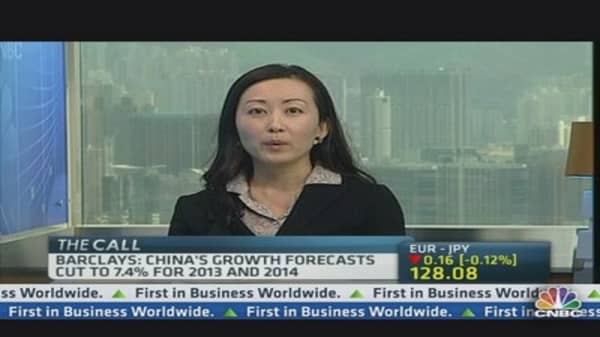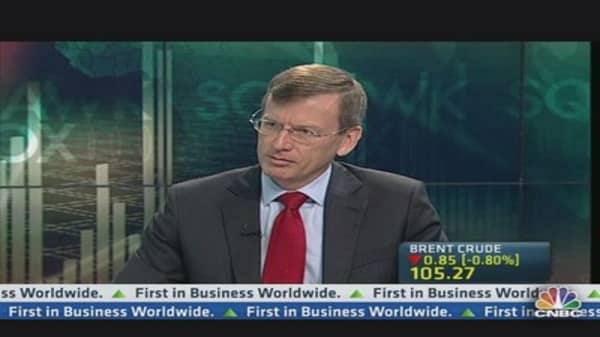Asian equities got hammered on Thursday after the Federal Reserve signaled an end to its bond-buying program later this year while shrinking factory activity in China further added to market gloom.
Japan's Nikkei index closed down 1.7 percent after dipping below the 13,000 mark. Amid the worst hit, Australia's benchmark tumbled over 2 percent, while South Korea's Kospi and the Shanghai Composite traded at 2013 lows.
Emerging Asia also suffered, with Thailand's SET Composite, and Indonesia's Jakarta Composite sinking over 3 percent each.
"I think everyone is looking at everyone else in the market and trying to figure out if there is going to be panic. And if you want to panic you want to do it early, which is why we've seen volatility," said Richard Jerram, chief economist at Bank of Singapore.
The FTSE CNBC Asia 100 index, which tracks the performance of the region's 100 largest companies, slumped 3.5 percent to a new 2013 low.




